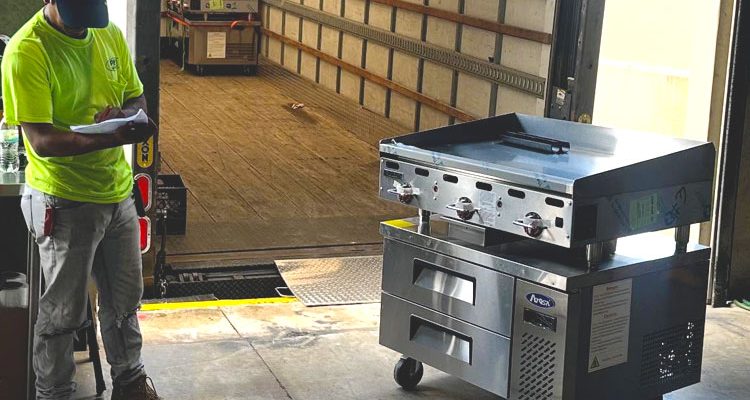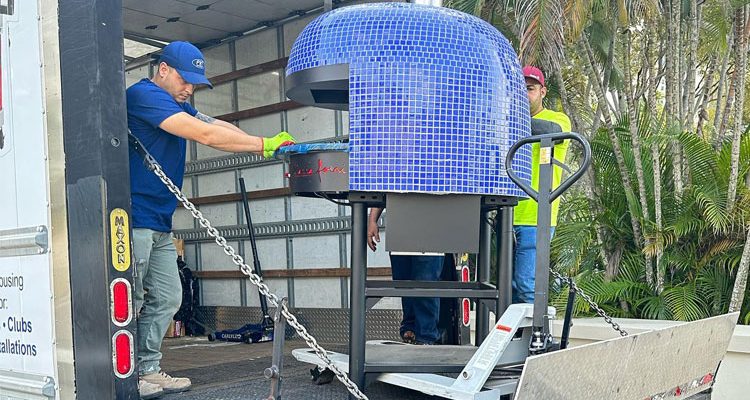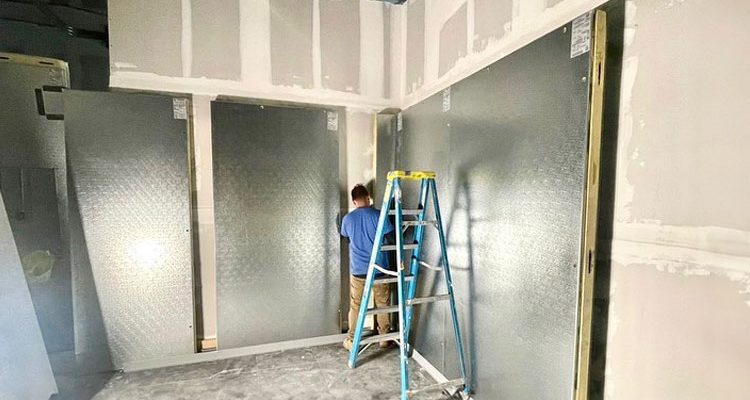When it comes to commercial kitchen installations, the job isn’t done once the equipment is delivered and set in place. Maintaining pristine condition throughout the installation process and after the setup is complete is essential for ensuring the longevity and performance of your commercial kitchen. Even minor mishandling or post-installation neglect can lead to equipment malfunctions, increased maintenance costs, and reduced efficiency. That’s why professional safe handling and care during and after installation are just as important as the initial transportation and setup.
Why Proper Handling During Installation Matters
Commercial kitchen equipment is designed to withstand the heat and pressure of a busy kitchen, but it’s still highly sensitive during installation. Improper handling—such as dragging or dropping heavy equipment—can cause misalignment, internal damage, or electrical malfunctions.
Professional installation teams understand the complexities involved in setting up commercial kitchens. From securing gas lines and water connections to ensuring proper ventilation and electrical load distribution, every detail matters. Correct positioning and leveling of equipment are critical to prevent uneven cooking, increased energy consumption, and safety hazards.
For example, a commercial oven that isn’t level may cause uneven cooking results, while a refrigerator that isn’t properly calibrated could fail to maintain the required temperature, leading to food spoilage. Ensuring that each piece of equipment is carefully installed and tested minimizes the risk of future issues and enhances the overall efficiency of the kitchen.
Post-Installation Care: Keeping Equipment in Top Condition
Once the installation is complete, maintaining the pristine condition of your commercial kitchen equipment is equally important. A professional post-installation inspection ensures that all components are working correctly and that any minor adjustments are made before the kitchen becomes operational.
Steps to maintain post-installation condition include:
Testing and Calibration – Ensuring that ovens, grills, refrigerators, and other equipment are properly calibrated for optimal performance.
Cleaning and Polishing – Removing any dust or debris from the installation process to keep surfaces and components in pristine condition.
Checking Connections – Inspecting gas, water, and electrical connections for any leaks or loose fittings.
Operational Training – Providing staff with proper training on how to use and maintain the equipment to prevent misuse and damage.
Regular maintenance after installation helps prevent wear and tear, increases the lifespan of the equipment, and ensures that the kitchen runs smoothly during peak hours.
Trust Experts for Seamless Installation, safe handling and Long-Term Performance
The success of a commercial kitchen depends on more than just high-quality equipment—it requires expert installation and post-installation care to keep everything running smoothly. The PKI Group specializes in commercial kitchen installations, ensuring that equipment is installed, tested, and maintained with precision and care. Their team of experts guarantees that your kitchen is fully functional and operating at peak performance from day one. For flawless installation and long-term reliability, trust The PKI Group to deliver excellence every step of the way. Call 954-530-3757 or fill out the contact form.




